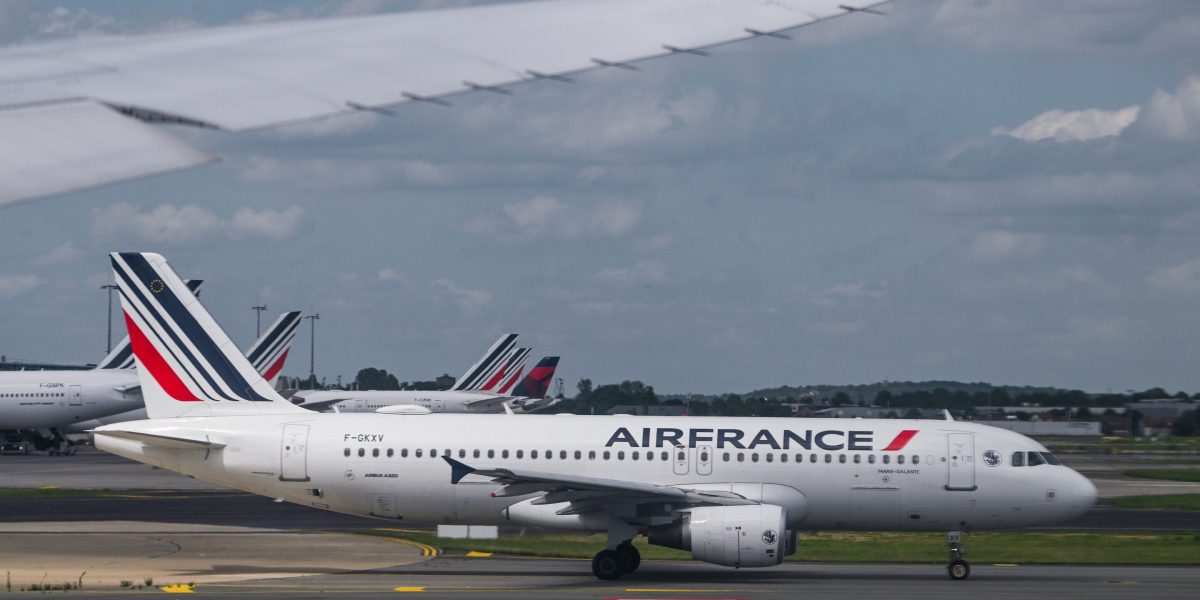Fake components went into 68 jet engines, including ones on Boeing 737 and Airbus A320 planes, says lawsuit::Airlines, regulators, and others are scouring their records to hunt down suspect components sold by AOG.
That’s a huge problem.
That’s up to 68 affected jets. The engines are maybe $7m a pop. $467m of jet engines that need to be replaced. There are 1276 737-Max and 2939 A320neo jets produced.
Until they find the planes these were installed on, those planes are at risk of failure
It won’t be hard to find the planes these parts are associated with. Aerospace is hardcore about traceability. It’s not like people flying need to be worrying about the plane they are on.
Unless they’re being operated by Russian carriers 😬
They should not need to replace the entire engine, unless they are shop-level components. The airlines will have records for each part, and they should be able to narrow down what engines received specific parts from that manufacturer.
— 737 Max at risk of failure …again.
These are not the 737 Max. Per the article, these are older model planes.
Not again. Still.
This is the best summary I could come up with:
CFM International Inc. says 68 jet engines were fitted with spare parts backed by fraudulent documentation from a little-known UK-based supplier, a sign that fake components may have been installed on certain older-model aircraft.
The finding was included in a lawsuit filed by the joint venture of General Electric Co. and Safran SA in the UK against closely held AOG Technics Ltd, according to a statement from CFM.
“Safety is our first priority, and we are taking aggressive legal action against AOG Technics to accelerate the industry’s ability to identify parts sold by this third-party with falsified documentation,” a CFM spokesman said in a statement.
The development provides the first hint at how many older-generation Airbus SE A320 and Boeing Co. 737 aircraft may have been fitted with spare parts that London-based AOG allegedly sold with falsified airworthiness records.
Aviation regulators in Europe determined AOG supplied parts for the repair of CFM56 engines, the world’s best-selling turbine, with falsified documentation, Bloomberg News reported last week.
Regulators, airlines and other industry players have since been scouring their records to hunt down the suspect components sold by AOG, the obscure supplier at the center of the crisis.
The original article contains 393 words, the summary contains 182 words. Saved 54%. I’m a bot and I’m open source!
My favorite part about this story is the company selling fake parts is called AOG. The acronym AOG usually stands for Aircraft on Ground in the aerospace industry. It means that because of a defect the aircraft is no longer allowed to fly. It’s pretty much the worst thing that can happen if you’re operating an aircraft (next to a “safety incident”) because you’re losing money until the problem is fixed.
I guess the lesson here is buy AOG be AOG!
Ugh. Guess what two types of planes play a role in my life today.
Ummmmm…737 and A320?
Good guess, using context from the original thread I would have also guessed the 737 and the A320
Before: Fake taxi
Now: Fake aeroplanes



